Earlier this week, an official in the ruling Palestinian leadership sat down for dinner at the Beverly Hills estate of a wealthy Jewish businessman and listened to a plan to save Palestine.
The businessman, Guilford Glazer, is the staunchly pro-Israel former chair of Israel Bonds, a friend and confidant to every prime minister since David Ben-Gurion. But he’s written a big check to fund Rand Corporation research that lays out the blueprint for a viable, sustainable Palestinian state.
Rand unveiled “Building a Successful Palestinian State” in a press conference Wednesday at the National Press Club in Washington, D.C. The study acknowledges Glazer who, “brought the project into being and saw it through to completion.”
It is remarkable work: visionary yet packed with statistics, almost recklessly optimistic and, at the same time, wonkish. If Theodor Herzl had advanced degrees in architecture, urban planning, environmental design and economics, “The Jewish State” would have read like this.
Although the study was officially released this week, it has been rolled out over the past month with the savvy of a summer blockbuster. The focus audiences have been people such as Prime Minister Tony Blair, current and former government leaders, Israelis, Palestinians, investment bankers, aid experts. Just last week, Rand officials convened a closed-door session for invited international investors and analysts at the Milken Foundation Global Conference in Beverly Hills.
I asked Glazer what kind of criticism the plan has received.
“That’s the part that bothers me,” he said. “We haven’t gotten a bit.”
Glazer is 83. The son of a welder, he grew up in Knoxville, Tenn., one of eight children. When the Japanese bombed Pearl Harbor, the college sophomore dropped out to join the Navy, and served as an engineer during World War II. He returned to his recently widowed mother and took over his father’s steel business.
“When I started it had two employees,” he told me. “A year later it had 150.”
Glazer went on to make millions — no, billions — in the building industry. Although he’s devoted his retirement years to philanthropic causes, primarily in the Jewish world, when you Google Glazer, the most frequent hit is his annual listing in the Forbes List of 400 Richest Americans.
Glazer had been involved with Rand for years, ever since his close friend Moshe Dayan urged him to retain Rand to assess Israel’s financial contribution to America’s Cold War struggles.
The Santa Monica-based think tank was already at work on a Palestine study, initially funded by Santa Monica residents David and Carol Richards, when it contacted Glazer and tapped into his long-standing interest.
“My father used to tell me that a man with nothing to lose is very dangerous,” Glazer said. “We need in our self-defense to make sure they have something,” he said, referring to the Palestinians.
In other words, Glazer and the Rand people have turned the old formulation on its head. Is it good for the Jews? now has a corollary: “Is it good for the Palestinians?”
Failure, Glazer said, is not an option. A seething, destabilized state of Palestine would pose a constant security threat to Israel. A viable, sustainable state might just ensure a regional calm.
“You need to do something to get them started,” he said. “These people are not just gonna lose everything anymore for no reason.”
The Rand study begins with the current state of the Palestinian entity, which is a train wreck.
Its population density rivals Bangledesh. It receives half of the water it needs. Since the intifada began in 2000, gross income has dropped by 40 percent and unemployment has risen from 25 percent to 80 percent. In the best-case scenario, it will take five years for these numbers to improve to pre-intifada levels, which weren’t exactly Sweden’s.
Palestine’s success depends on four key factors, say the Rand planners: territorial contiguity, permeability of borders, capital investment and economic and governmental policy.
The challenges are daunting. The new country will have to reabsorb tens of thousands of destitute refugees within its borders, and an estimated 500,000 returnees from abroad. The Palestinians will have to do this while stamping out violent factions and political corruption within and dealing with a neighbor, Israel, for whom permeable borders and territorial contiguity present significant, immediate security threats.
The bad news is that Palestinians now inhabit an economy that is either destroyed, obsolete or decrepit. The good news: They can start from scratch and build their future smartly.
This is what the Rand people did — treated the existing topography, resources and society as a kind of blank slate for state-of-the-art, sustainable urban planning.
The result makes you wish Rand was around to plan Los Angeles 60 years ago.
The plan’s centerpiece is visually and intellectually simple, in the best sense of the word. It calls for a light-rail line, which it calls “the arc.” The rail line would essentially bisect Palestine, freeing the proto-nation from a future dependence on cars while also providing the backbone for a high-tech infrastructure and adjacent green space. Picture a stylized “J.” The top of the letter starts in the upper West Bank, in Jenin, and the stem runs down along the ridge of already settled towns — Nablus, Ramallah, Jerusalem, Bethlehem. The hook goes through Israel via a secure path, and reappears in Gaza, where it runs upward through that narrow strip from Rafah to Gaza City.
The “J,” located just east of existing towns, would connect the major Palestinian population centers in an efficient, car-free way. (“Cars ruin everything,” Glazer told me. “Israel’s all car-ed up.) Water, utility, sewage and fiber-optic lines would follow the same J-shaped trunk line. Efficient, relatively cheap high-speed buses would link the old town centers with new high-tech, industrial zones and settlement corridors forming horizontally along its route. A greenbelt would border the line, forming a single park up and down the country’s length. Electricity would flow from wind and solar generators.
This “J” would contain sprawl, preserve other open spaces, obviate the need for most cars, smooth the flow of goods and services, and help preserve the character of old, tourism-friendly Palestinian towns while allowing for new industrial and residential growth. In Palestine, demography is destiny, and the Rand report assumes that the population will double over the next 10 years.
The plan is estimated to cost $41.5 billion over the next 10 years. That’s about the same amount the international community pays to keep the peace in Bosnia — over $700 per person per year.
During our long phone conversation, Glazer repeatedly praised the study’s authors, especially lead author Douglas Suisman. I raised the possibility that Palestinians might ignore their names and focus, suspiciously, on his own: Why should Palestinians heed a study largely funded by a wealthy, pro-Israel Jewish businessman in Beverly Hills?
“I don’t worry about that,” he said. “The ones who have seen it tell me they’re glad to have any help from any source. If they don’t want it then it can wither on the vine, but maybe they’re tired of committing suicide.”
Glazer paused and then came at the question again: “All this makes plain common sense to me, and it must get done. It’s just a dream, but you have to work at your dreams.”
For more information, visit www.rand.org/palestine.







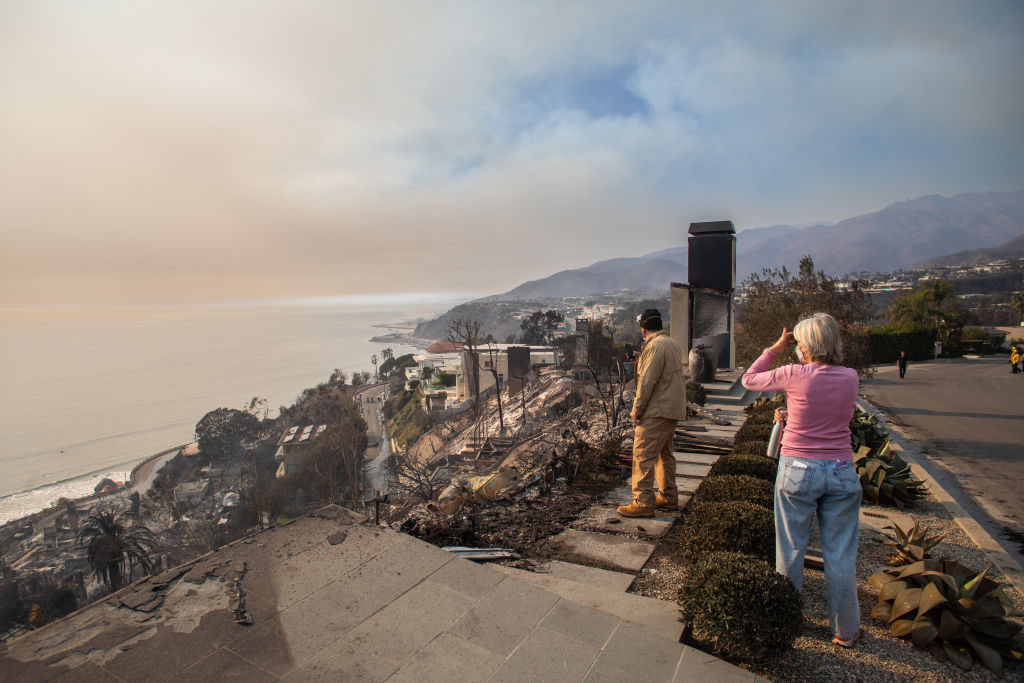
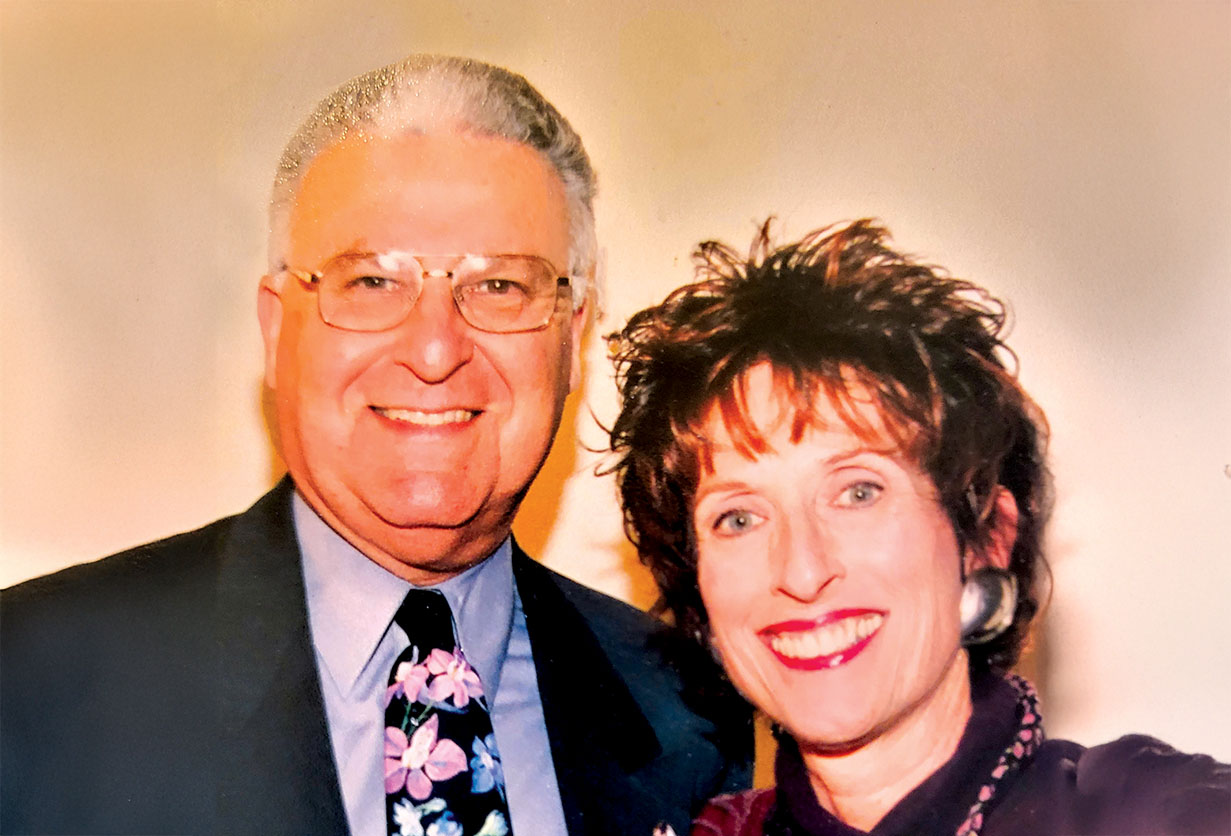
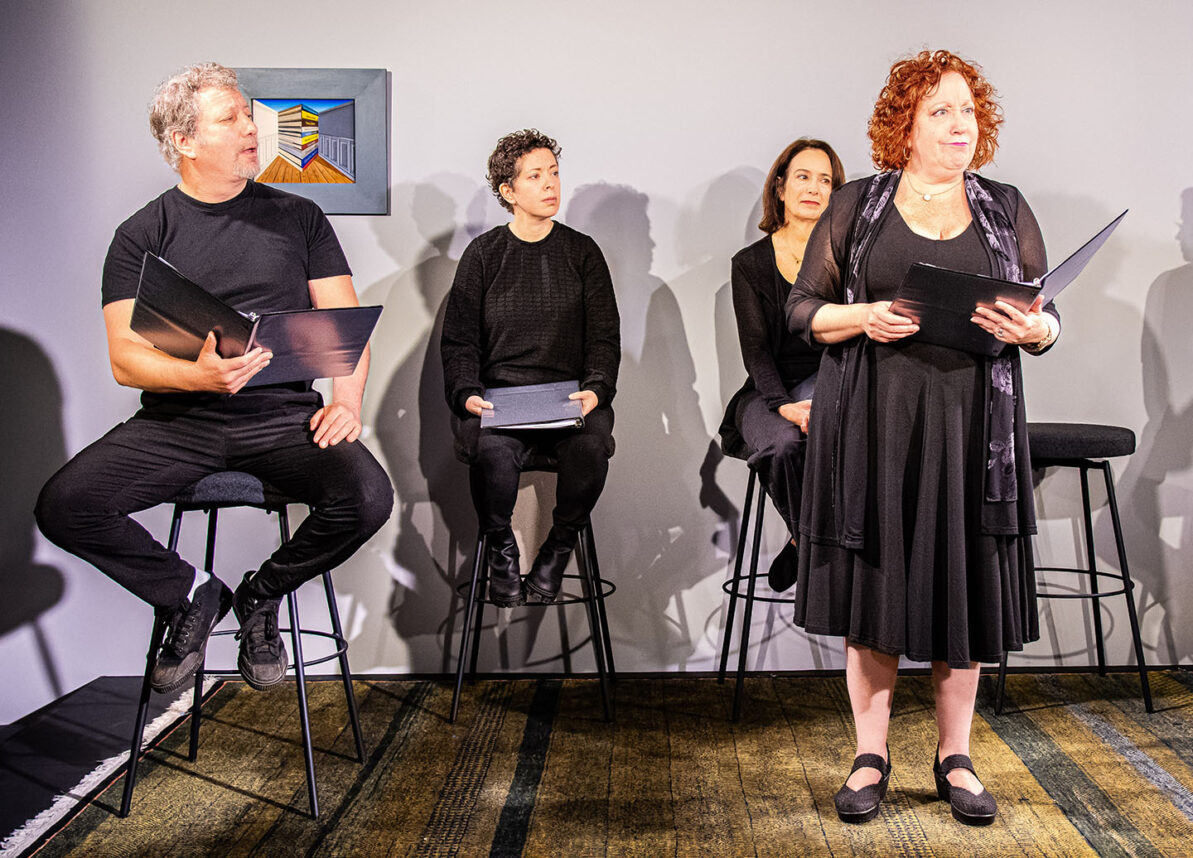
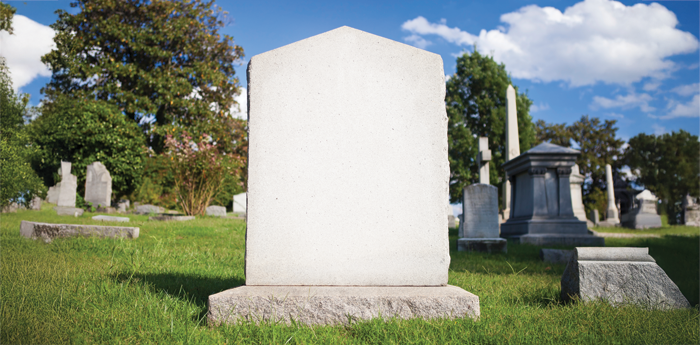
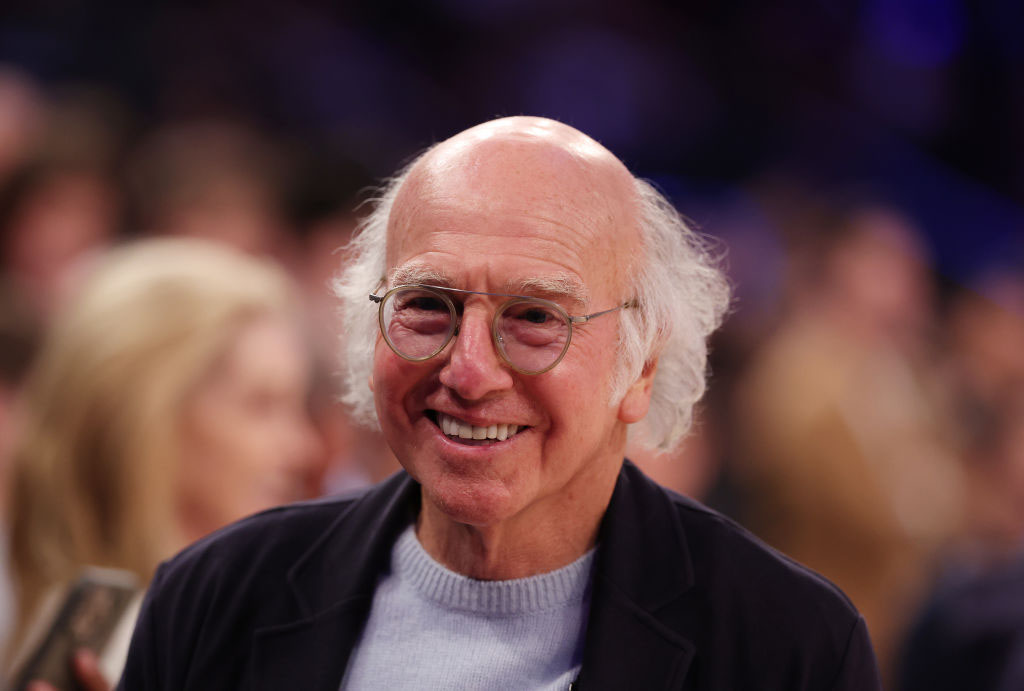
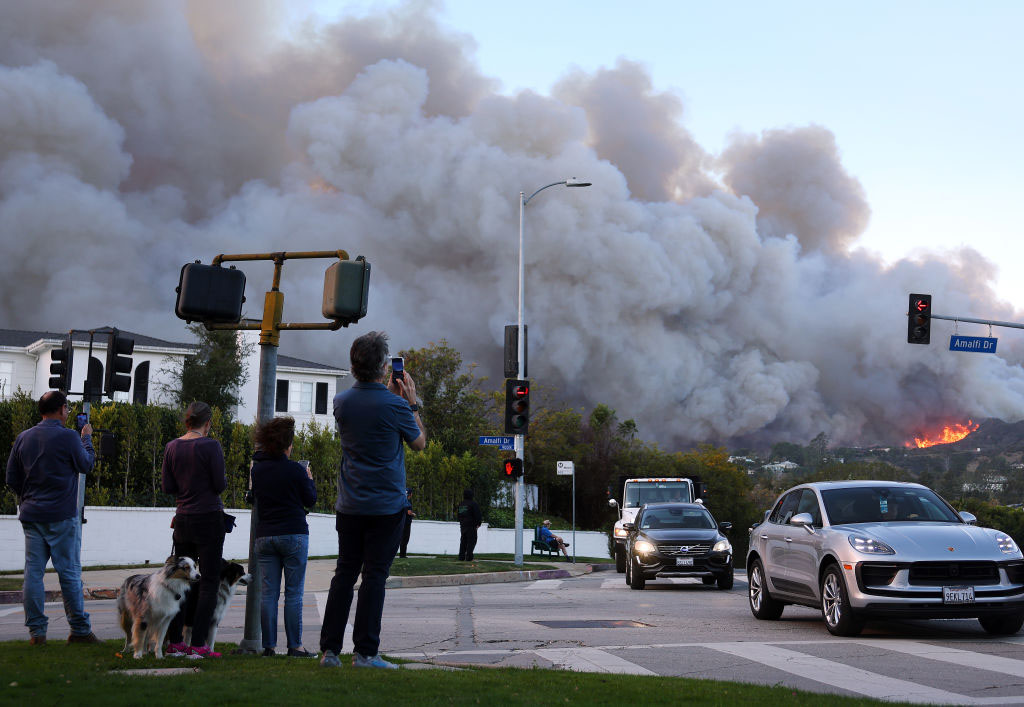


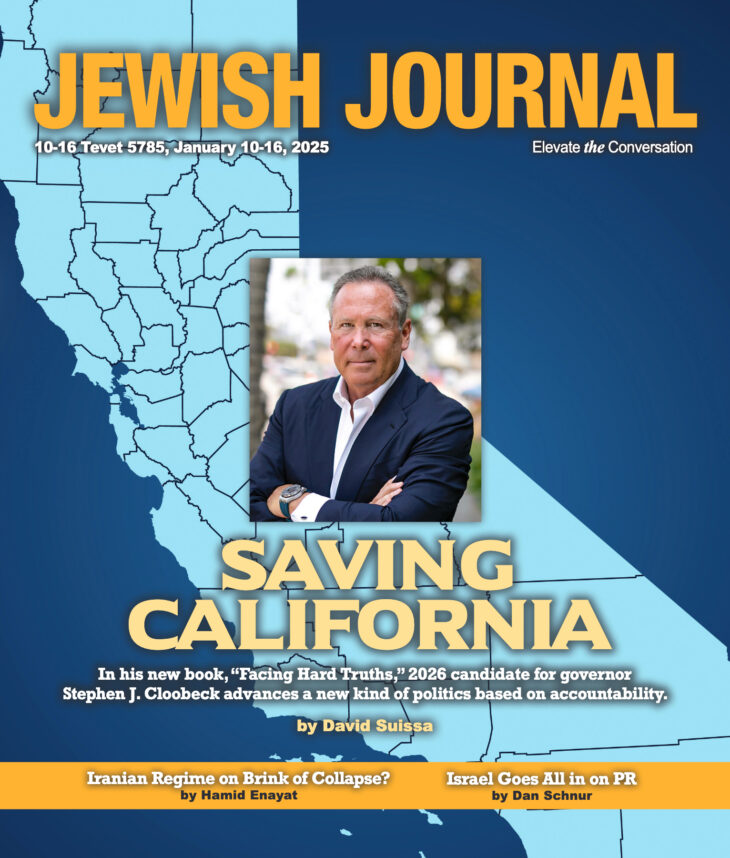
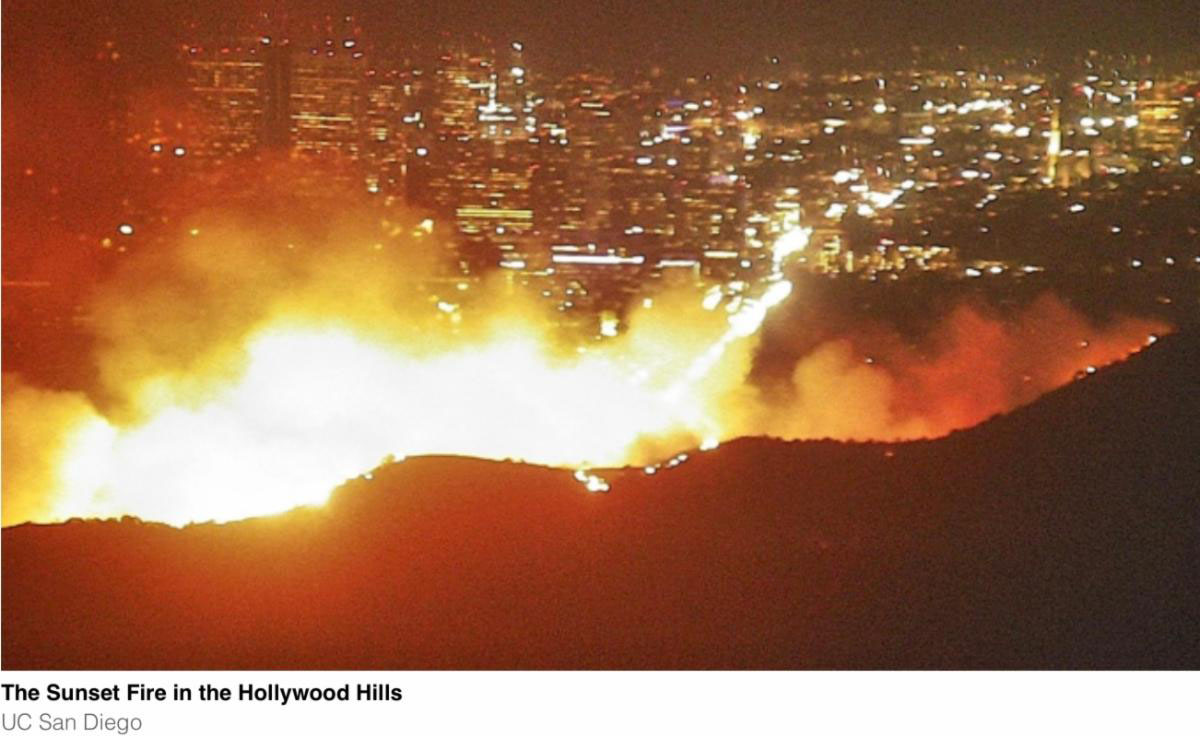
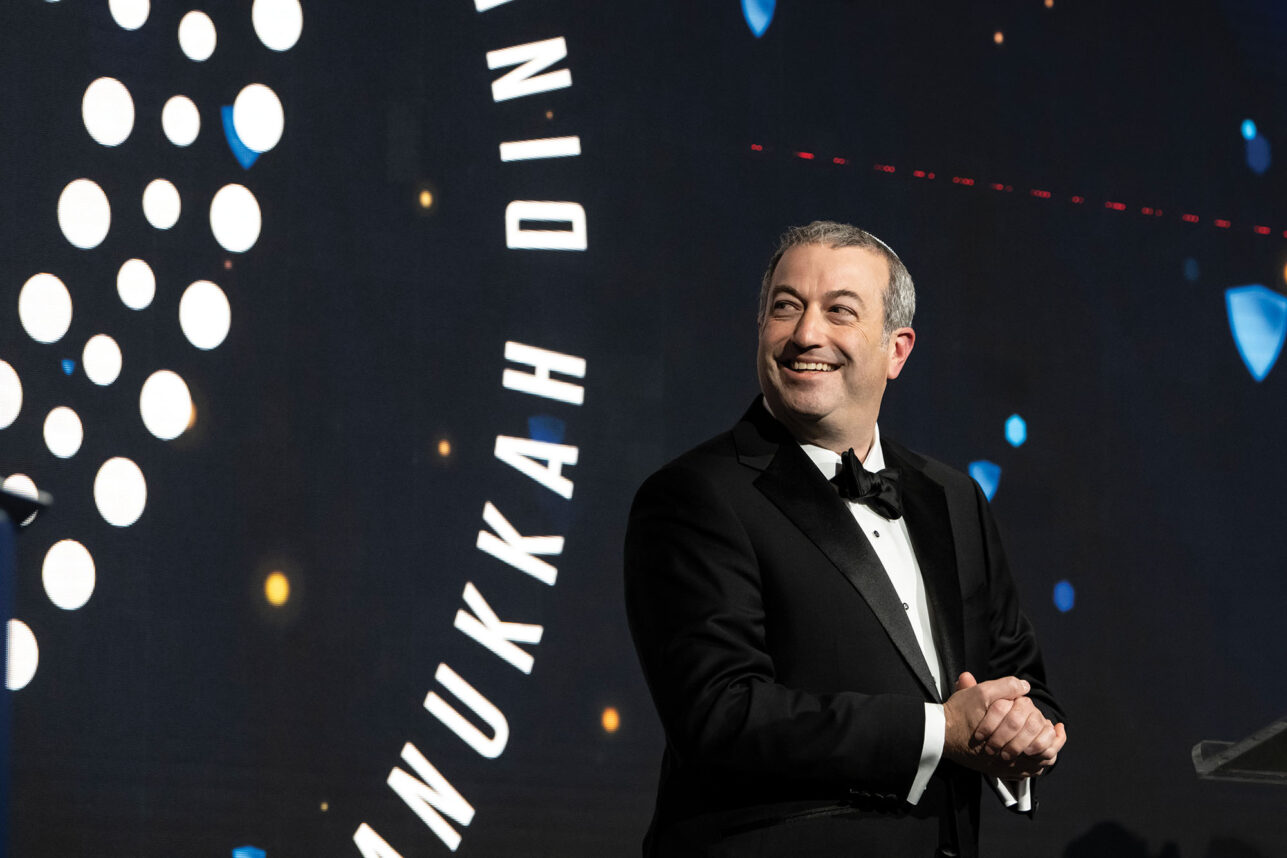



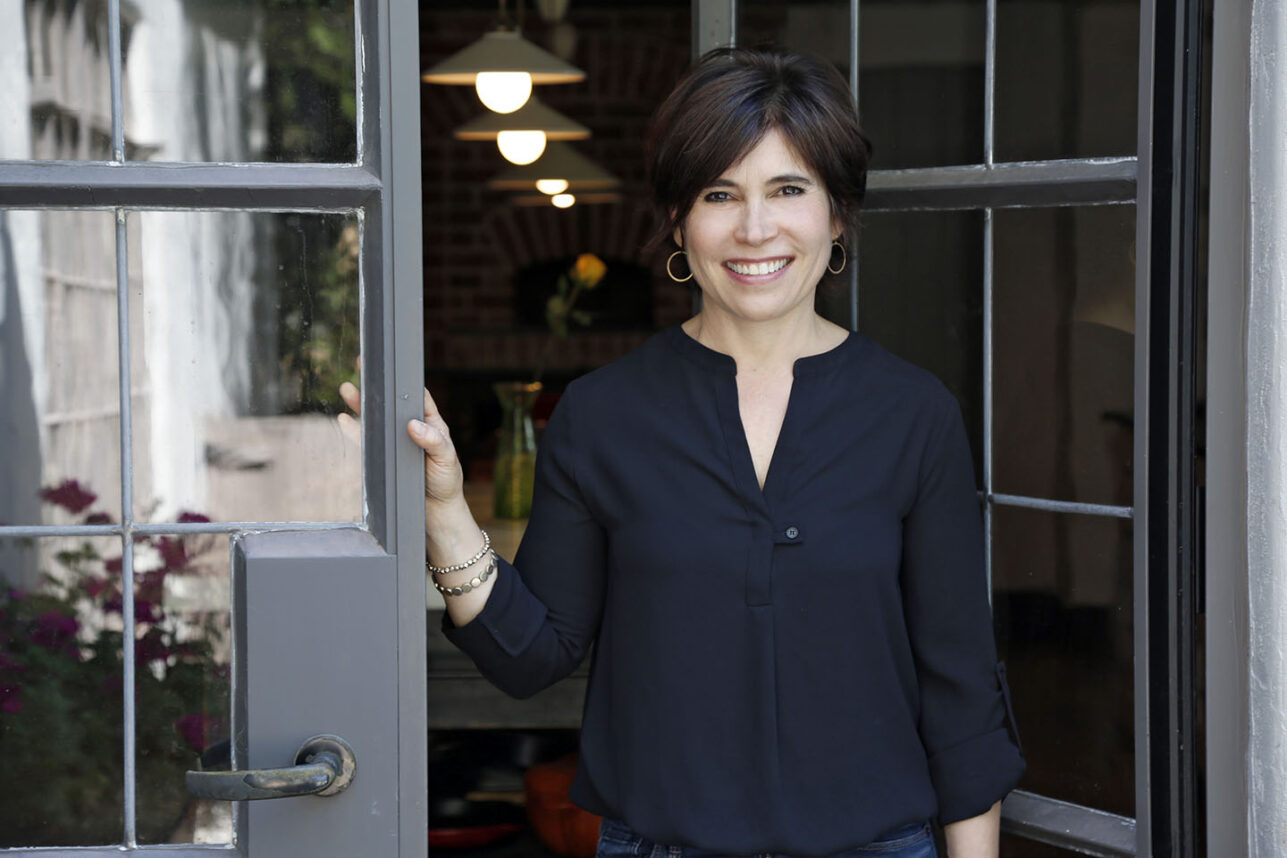

 More news and opinions than at a Shabbat dinner, right in your inbox.
More news and opinions than at a Shabbat dinner, right in your inbox.